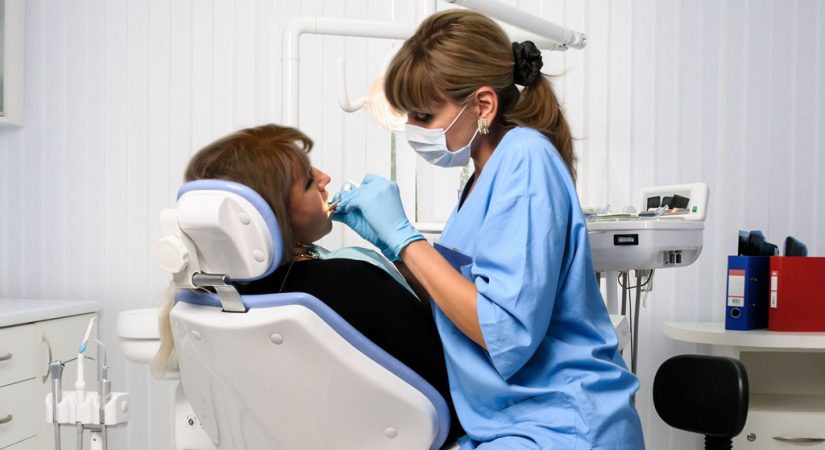| Extractions | |
|---|---|
| Baby Tooth Extractions |
$175
|
| Surgical Extractions |
$275 - $450
|
Sometimes the only treatment for broken, damaged, or infected teeth is to completely remove them. Extractions aren’t as common now as they used to be, but when they’re the best option, we’re here to make your extraction as easy as possible.
One common case that could require extraction is when your teeth are very crowded in your mouth — so much so that braces can’t be used to straighten teeth. In this case, extracting a tooth would relieve the crowding and enable proper placement of braces.
Another scenario is if your tooth is severely infected or your tooth is loosened by gum disease. In that case, a tooth extraction may be necessary.
Tooth Extractions
If only one tooth is going to be removed, the dentist or oral surgeon will numb the area around that tooth with a local anesthetic. If multiple teeth are going to be removed, then the oral surgeon may administer general anesthesia that will allow you to sleep through the procedure. For more complicated extractions, such as for an impacted tooth, gum tissue and bone may need to be cut around the tooth. If it’s necessary to place stitches in gums, they’re usually self-dissolving.
Post-Operative Care for Tooth Extractions
Postoperative care may include antibiotics to prevent infection. It’s important that you keep the dressing on the affected gum area for as long as your dentist advises. You will want to limit your activity for several days afterward as well. You will also be advised about how to avoid dry socket, where a blood clot that formed after the extraction comes loose, leaving the bone in your jaw exposed. You may also receive a prescription for an anti-inflammatory or pain killer. You should take these as often as indicated to ensure that your mouth heals quickly and painlessly. You will also be advised on whether you need to ice your mouth to reduce swelling.

